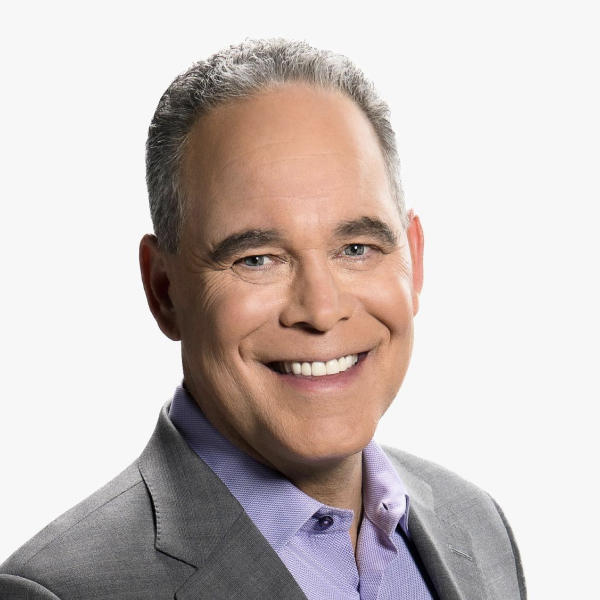Iowa credit union becomes unlikely warrior fighting overseas scams
In the intractable fight against America's online scam epidemic, there is one unlikely place where efforts to fight back appear to be making an impact.
From her office in Dubuque, Iowa, Jill Gogel has been doing everything she can to combat the scammers plaguing her customers. Fraud has become, in her words, "an everyday occurrence," and last year, the FTC reported that victims nationwide lost $10 billion to scams.
As vice president of fraud services at the Dupaco Community Credit Union, handling nearly 170,000 accounts in Iowa, Illinois and Wisconsin, Gogel has seen how fraud affects her customers firsthand.
"We're all victims of fraud at some point," she says. "How we handle it can be a difference as well. And where you have your support."
For Gogel, that support meant a more aggressive, personal and proactive approach to protecting her customers.
"I think sometimes we need to just remember that maybe taking two extra minutes for one person can be a really, really big difference-maker for that one person," Gogel told CBS News.
Gogel and her team at Dupaco have mandated that every employee, from bank teller to executives, participate in fraud training each year, which teaches them how to spot and address credit union members whose withdrawal patterns may indicate fraudulent activity.
"We really want our tellers to engage with that member to understand what it is they're doing, especially if they're, if it's an unusual transaction for them," Gogel said, noting that not every customer reacts appreciatively.
When something raises concerns, Gogel says she gets a phone call from the employee, who may say, "I didn't like this interaction. Something felt off." That's when the credit union alerts other branches to keep an eye out for this customer in case they attempt to withdraw funds at a different branch. Sometimes, the concern triggers outreach to a trusted contact listed on the account to alert them to a potential problem.
Gogel and her team have even gone as far as informing the authorities. Corporal Isaiah Hoff of the Dubuque Police Department partners with Dupaco on potential fraud cases and says for some victims, "it's a hard pill to swallow."
"That carries a lot of weight when I can show up with some supporting evidence that this is not who they say it is," Hoff said, explaining that often he can get through to a scam victim in a way their family or friends cannot.
Gogel says the proactive approach is showing results. When Dupaco first started its initiative 10 years ago, the credit union says it was preventing roughly $300,000 in potential fraud losses. Last year, she estimates preventing $10 million from reaching potential scammers.
For Gogel, the credit union's members are a reason to keep doing this work.
"We have 170,000 reasons every single day to, sometimes I like to say, put on our superhero capes and make sure that we're protecting our members," she said.
Some experts say that these kinds of protective measures would be just as useful for larger banking institutions. According to Ronald Long, a retired Wells Fargo banker who specializes in elder financial abuse, it is something the big banks should be more proactive about.
"[Dupaco is] a role model that says it can be done. Having everyone come together, work together," Long said.
While Long is not advocating that every senior citizen have their transactions scrutinized, he does point to the numbers. A 2023 study by AARP found that victims over 60 in the United States lose $28.3 billion each year to elder fraud.
"We should be taking every step that we can within reason to make sure that as we age, we're not doing things that amount to financial suicide," Long said. "And it is, I think, a societal thing to say that we will work as hard as we can together to make sure we're protecting the finances of folks as they age."
Paul Benda, an executive vice president for risk fraud and cybersecurity at the American Bankers Association, says these situations are "really hard" for the banks to navigate, and that the responsibility for blocking illicit transactions should fall on government agencies tasked with protecting the elderly.
"The bank's job is to make sure the money gets where it's supposed to go as safely and securely as possible, but we don't want to insert ourselves and tell you, 'oh, you should or shouldn't send that money,' because we don't have all the information," Benda said.
He added, "I understand why people want us to do that, but we're really afraid of being wrong. If we stop you from investing in that crypto or in that gold thing, and then it turns out that was a legitimate request and it wasn't a scammer, then the bank is probably going to be liable."




